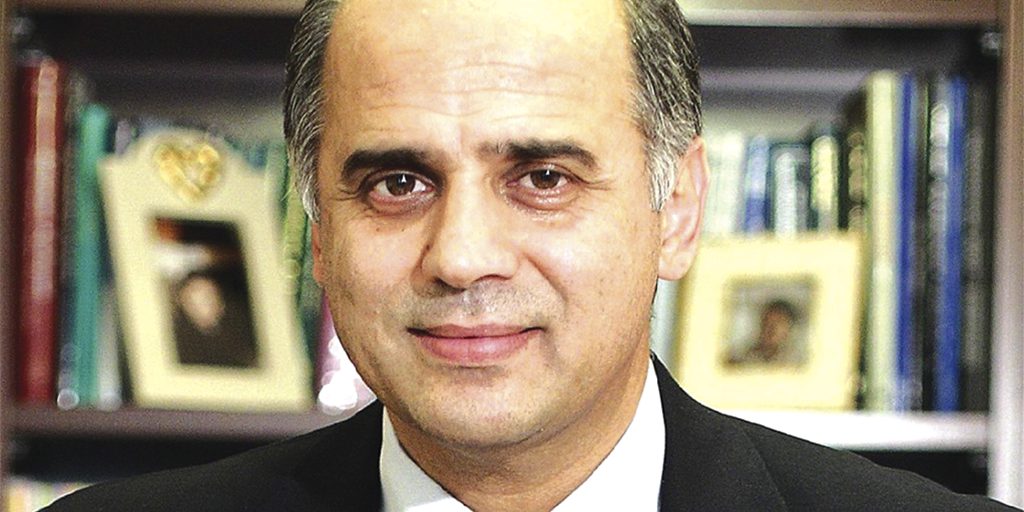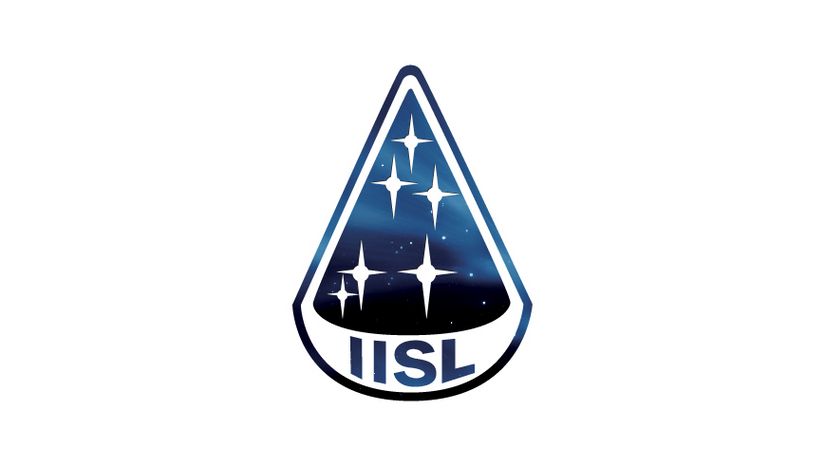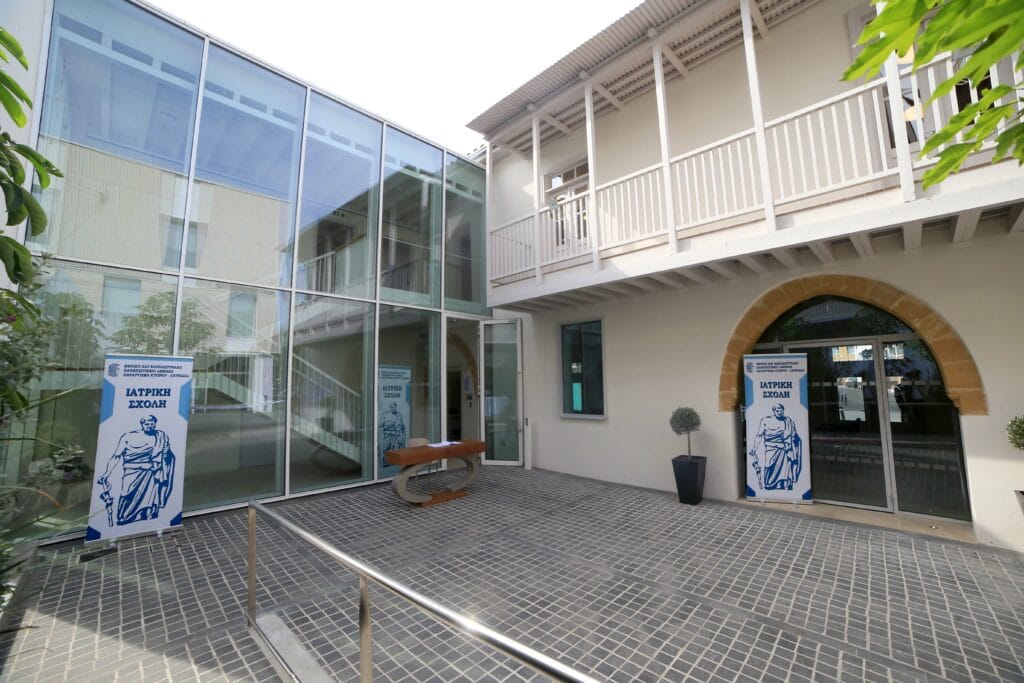Assistant Professor Nikos Afratis, Head of the Laboratory of Biotechnology and Molecular Analysis at the Department of Agricultural Development, Agrofood, and Natural Resources Management, in collaboration with Professor Irit Sagi of the Weizmann Institute of Science and Professor Carmit Levy of Tel Aviv University, published a groundbreaking study on 15 October 2025 in the prestigious journal Science Translational Medicine. Τitled ‘Biselective Remodeling of the Melanoma Tumor Microenvironment Prevents Metastasis and Enhances Immune Activation in Mouse Models’, the study introduces a novel dual-targeting therapeutic strategy designed to reshape the tumour microenvironment in melanoma. The researchers engineered biselective decoys that simultaneously target the collagen cross-linking enzyme lysyl oxidase (LOX) and heat shock protein 70 (HSP70), which are up-regulated in melanoma and contribute to progression and resistance to treatment.
The extracellular matrix (ECM) has been implicated in supporting metastasis in solid malignancies; however, targeted therapies for the ECM are not widely in use. Here, the authors highlighted the ECM as a potential target to treat metastatic melanoma in mouse models. They identified ECM components LOX and HSP70 as potential markers of metastatic melanoma progression, and by using the decoys they developed, they were able to inhibit the melanoma cell metastasis to the lung. In addition, they showed that the combination of these LOX-propeptides with immune checkpoint inhibition further reduced tumour burden in mouse models, representing a promising target for melanoma therapy that warrants additional exploration.
https://matrixbiomelab.gr/new-publication-in-science-translational-medicine/
















